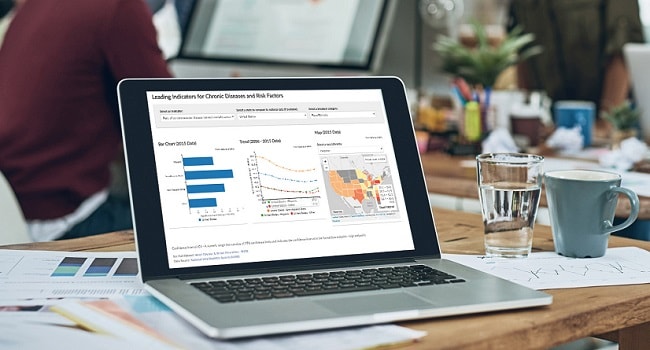Chronic Disease Data

CDC’s National Center for Chronic Disease Prevention and Health Promotion (NCCDPHP) helps states collect data on chronic diseases and leading health indicators through a variety of surveillance systems. This information helps CDC understand how chronic diseases affect people and places across the United States and how well public health interventions work.
Page last reviewed: April 28, 2021


